Market Analysis
In-depth Analysis of Europe Airline Ancillary Services Market Industry Landscape
The Europe Airline Ancillary Services Market is driven by a variety of factors reflecting the changing landscape of the airline industry, consumer preferences, regulatory frameworks, and technological advancements. Ancillary services encompass a wide range of offerings beyond the core ticket price, including baggage fees, onboard meals, seat selection, priority boarding, and travel insurance, among others. These services have become a significant revenue stream for airlines, contributing to profitability and enhancing the overall passenger experience.
One significant driver of the demand for airline ancillary services in Europe is the increasing pressure on airlines to diversify revenue streams and improve profitability in a highly competitive market. With intense competition, fluctuating fuel prices, and thin profit margins, airlines seek to maximize revenue opportunities by monetizing additional services and offerings. Ancillary services allow airlines to tailor their offerings to meet individual passenger needs and preferences, providing value-added options that generate incremental revenue and improve yield management.
Technological advancements play a crucial role in shaping the dynamics of the airline ancillary services market in Europe. Digitalization, mobile technology, and data analytics enable airlines to personalize their ancillary offerings, target specific customer segments, and optimize pricing strategies based on demand patterns, travel preferences, and historical booking data. Advanced booking platforms, mobile apps, and customer relationship management (CRM) systems facilitate seamless upselling and cross-selling of ancillary services, enhancing the booking experience and driving ancillary revenue growth.
Furthermore, regulatory frameworks and industry standards influence the dynamics of the airline ancillary services market. Aviation authorities, such as the European Union Aviation Safety Agency (EASA) and national regulators, establish guidelines and regulations governing the pricing, advertising, and provision of ancillary services to ensure transparency, consumer protection, and fair competition. Airlines must comply with regulatory requirements related to pricing transparency, disclosure of fees, and consumer rights to avoid fines, penalties, and reputational damage.
Moreover, changing consumer preferences and expectations drive innovation and differentiation in the airline ancillary services market. Passengers increasingly value choice, convenience, and customization when traveling, seeking ancillary services that enhance their travel experience and meet their individual needs. Airlines respond by offering a wide range of ancillary options, such as premium seating, lounge access, Wi-Fi connectivity, and in-flight entertainment, to cater to diverse passenger segments and preferences. Additionally, loyalty programs and frequent flyer schemes incentivize passengers to purchase ancillary services, earn rewards, and enhance customer retention and brand loyalty.
However, challenges exist in the airline ancillary services market, including pricing pressure, consumer backlash, and competitive dynamics. Airlines must strike a balance between maximizing ancillary revenue and maintaining customer satisfaction, as excessive fees or poor service quality can lead to customer dissatisfaction, negative reviews, and reputational damage. Additionally, increased competition from low-cost carriers and online travel agencies (OTAs) intensifies pricing pressure and commoditization of ancillary services, challenging airlines to differentiate their offerings and capture market share effectively.


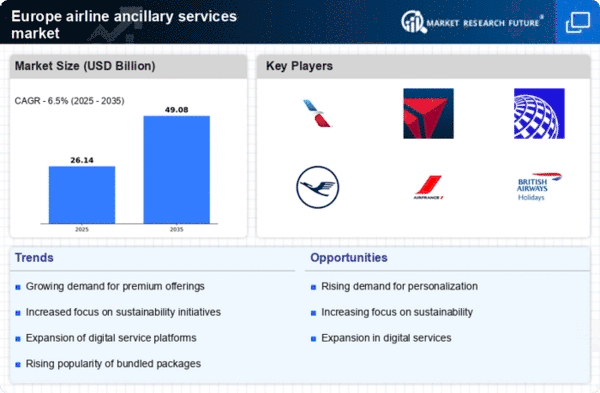
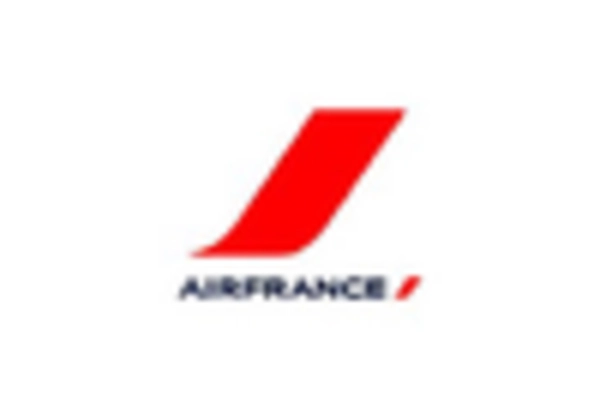
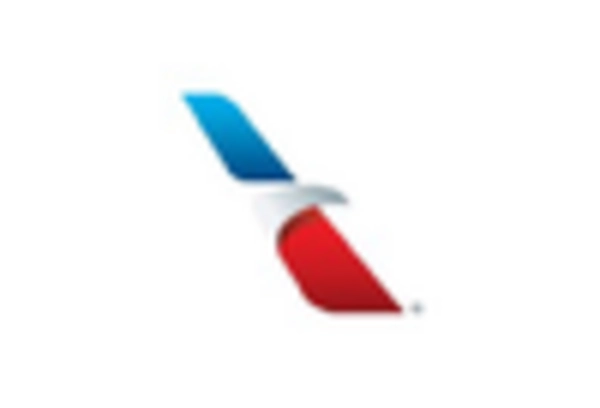
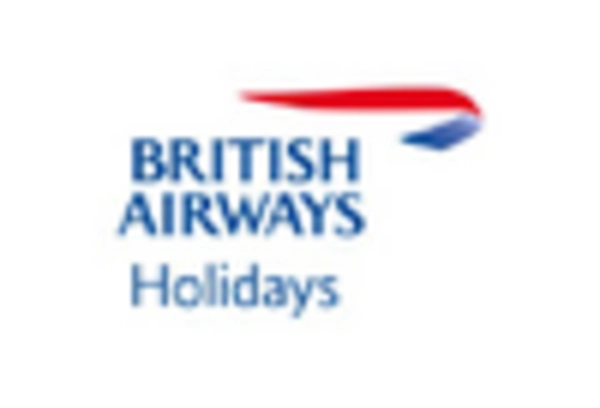
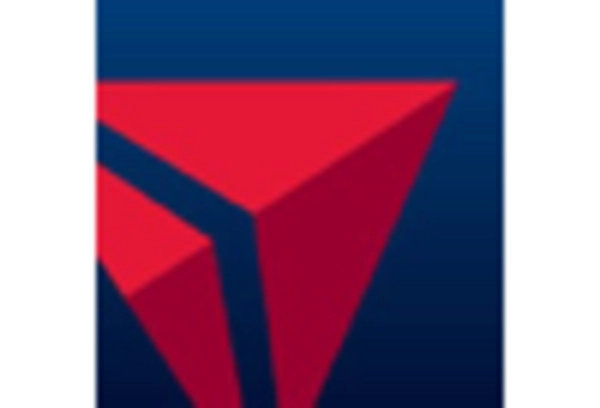
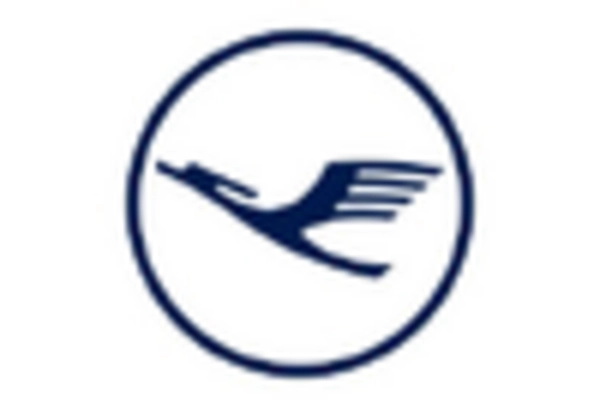










Leave a Comment